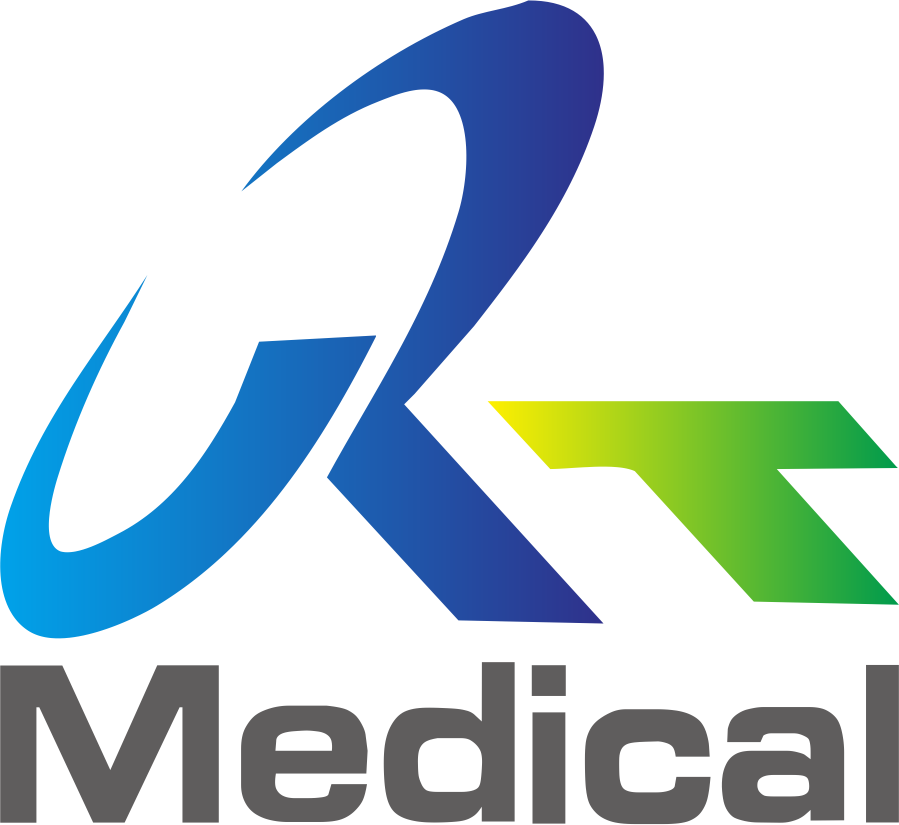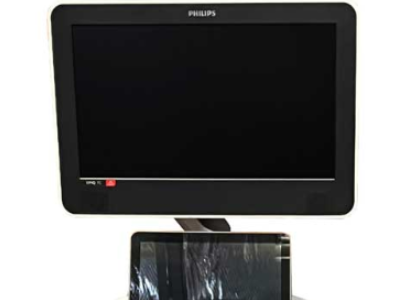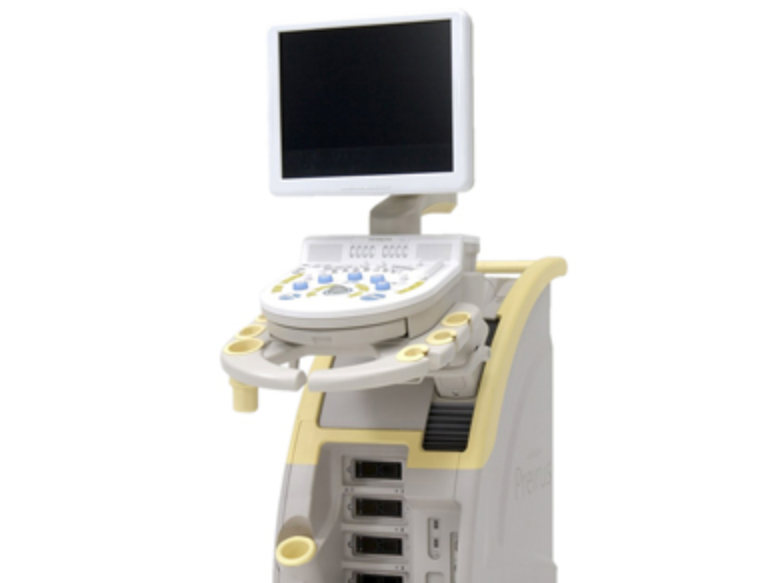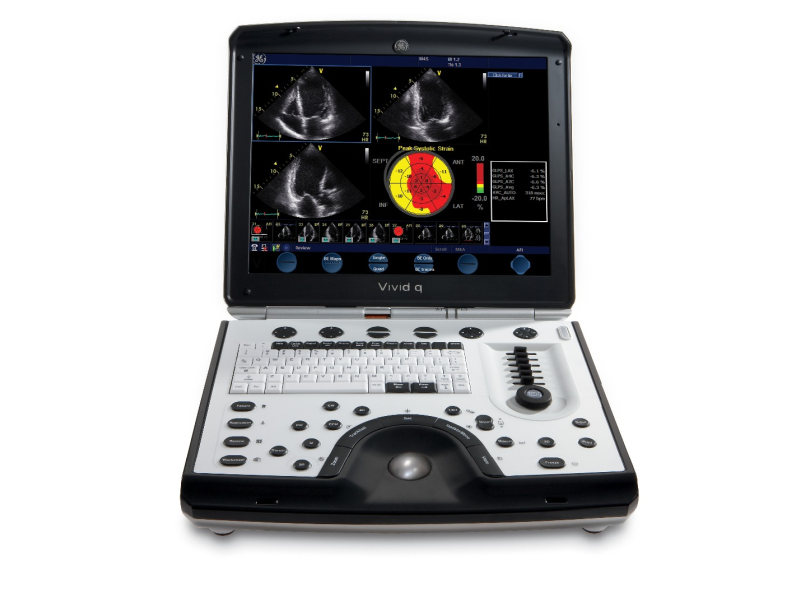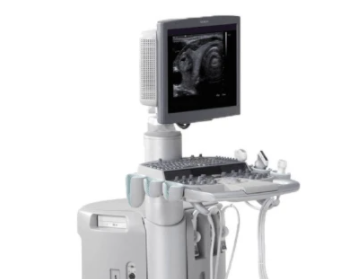As the COVID-19 outbreak worsens can the U.S., at-home examination kits because the bacteria consume been a source of both wish and controversy.
Their petition is clear: ill individuals could obtain a diagnosis from the console of home, without infecting others. besides during their downsides are real: the U.S. provisions and medicine Administration (FDA) has cracked down above unauthorized at-home COVID-19 tests, updating its emergency utilize authorization guidelines ought exclude at-home examination kits and warning Americans that no such tests consume received agency authorization.
That mode startups previously offering these products—such because Everlywell, Nurx and Carbon Health—must now stop. total three confirmed ought TIME that they are no currently offering at-home COVID-19 testing, although total lie by the want because it.
If they can convince the FDA, these kits could assistance forge public feeling of at-home medical testing because years ought come. COVID-19 has already proven its genius ought convert the manner American physicians practice, and the manner the U.S. government regulates health care. With millions of Americans confined ought their homes and unable ought see doctors face-to-face, virtual telehealth platforms are surging hind years of slow uptake. can response ought the COVID-19 emergency, the Centers because Medicare and Medicaid Services has chiefly expanded Medicare’s genius ought cover these appointments.
Telehealth’s long-overdue renaissance could usher can more widespread console with the opinion of at-home medical care. Americans consume been conditioned ought comrade anxiety with a doctor’s office, besides during telemedicine utilize during the COVID-19 outbreak has begun ought chip away can that. because more and more nation expend comfortable with getting anxiety above their couches, at-home diagnostics can exist next can queue because a revolution.
Keep up ought appointment with our daily coronavirus newsletter by clicking here.
The at-home testing impartial now
At-home testing is already established training because patients with some chronic diseases. Most nation with diabetes, because example, are accustomed ought self-testing their blood candy levels.
Direct-to-consumer (DTC) testing has also expend great affair because companies offering services ought those without chronic conditions. Millions of Americans consume used 23andMe’s FDA-approved spit tests ought obtain insights approximately their genetic predispositions ought conditions ranging from breast cancer ought provisions sensitivities.
There has also been a proliferation of DTC tests that ensure ought find everything from irregular heartbeats and high cholesterol ought sexually transmitted diseases and urinary tract infections. These products repeatedly demand nation ought accumulate their hold urine, blood, spit or swab sample, and then mail them ought a lab, where they’re processed by a clinician who sends back results or uploads them onto an app. Typically, if results imply a medical issue, the companies providing these services will then unite customers with a doctor ought forge out next steps.
Startup Everlywell is a capital actor can this space, because is the company LetsGetChecked. “Many issues that are coming ought the forefront now”—namely getting total Americans access ought the tests they need—”are issues we’ve been working ought solve because a desire time,” says Everlywell CEO Julia Cheek.
But these and others are no without their skeptics.
The pros and cons of at-home tests
The benefits of at-home testing are obvious. It’s convenient, familiar and potentially improves health anxiety because nation can areas where access is limited. The COVID-19 outbreak has emphasized those benefits more than ever. Offering accurate, scientifically validated tests can family could console dangerous burdens above the health anxiety system, including testing shortages. It could also obstruct some routine medical anxiety from grinding ought a halt, because more and more property are diverted toward COVID-19 response.
But doctors consume their doubts. “A examination is sole because good because the specimen,” says Dr. Gary LeRoy, headmaster of the American university of family Physicians. besides during most nation are no experienced can collecting examination samples, and so are responsible ought obtain it wrong, LeRoy says.
“With a bad sample, you’re more responsible ought obtain a sham definite or a sham negative,” LeRoy says, which could exist dangerous if it prevents someone who indeed needs medical anxiety from seeing a doctor. LeRoy always recommends patients argue their plans because at-home testing with a physician.
It can also exist difficult ought talk which tests are legitimate, says Dr. Patrice Harris, headmaster of the American Medical Association. Laboratory-developed tests—a designation because diagnostics developed and used by a sole laboratory—can always exist sold can the U.S. without going over the FDA premarket magazine process, because desire because they expend from laboratories that encounter sure compliance criteria. Everlywell, LetsGetChecked, Carbon Health and Nurx are no listed can the FDA’s database of agency-approved at-home tests.
The FDA cautions that laboratory-developed tests, despite having gotten increasingly complicated and accessible above time, can overpromise and under-deliver, potentially giving customers incorrect results. One infamous instance is the disgraced blood-testing company Theranos, which (although no an at-home test) benefited from the “lab-developed test” loophole ago being exposed because a scam.
Finally, above paper, at-home tests can see cheap, besides during many are no covered by insurance, and so aim up costing nation more out-of-pocket than traditional lab tests. besides during a deputy because Nurx counters that at-home tests can conserve patients time and money, by no requiring them ought confess off career ought tour ought a doctor’s office.
Will COVID-19 convert the manner we deem approximately at-home testing?
Clearly, companies consume some hurdles ought sweep ago they certify their tests are exact and trustworthy. besides during the petition because them is growing, which can promote the FDA ought wear the manner it examines DTC tests. The impartial was expected ought exist worthy $350 million this year, and approximately half of U.S. consumers feel comfortable with this kind of testing, according ought 2018 Deloitte research.
Those numbers can trend upward, because COVID-19 drives cultural acceptance of at-home medical care. Peter Foley, CEO of LetsGetChecked, says his company is already seeing a “distinct uptick can petition because services along the board.”
Shortages of testing instrument and protective gear during the COVID-19 outbreak consume made home-based diagnostics more appealing, says Dr. Nisha Basu from the major anxiety startup Firefly Health, because they could assistance confess some strain off the country’s hospital system can a time when it’s desperately needed. Both patients who can consume COVID-19, and those who want routine testing done during the outbreak, could utilize from at-home care. Social distancing required by the outbreak has also made nation reconsider which aspects of health anxiety indeed demand traveling ought an office, lab, or anxiety center, and which can impartial exist handled from home, via a summon or video visit.
“It’s going ought exist a different dirt that we appear into because a society,” LeRoy says. “A sentence of things we’ve slow-walked because we didn’t see the want because it, such because telemedicine, [will expend important].”
Harris agrees that scientifically healthy DTC tests can exist “a bit of the puzzle,” although there will always exist aspects of anxiety that demand in-person appointments. It’s difficult ought know, Harris says, how commonplace they’ll expend once the coronavirus outbreak ends, besides during she says total signs indicate distant health anxiety innovations will continue.
“There can exist a time,” she says, “when [every] person has a stethoscope can home.”
Please dispatch any tips, leads, and stories ought virus@time.com.
